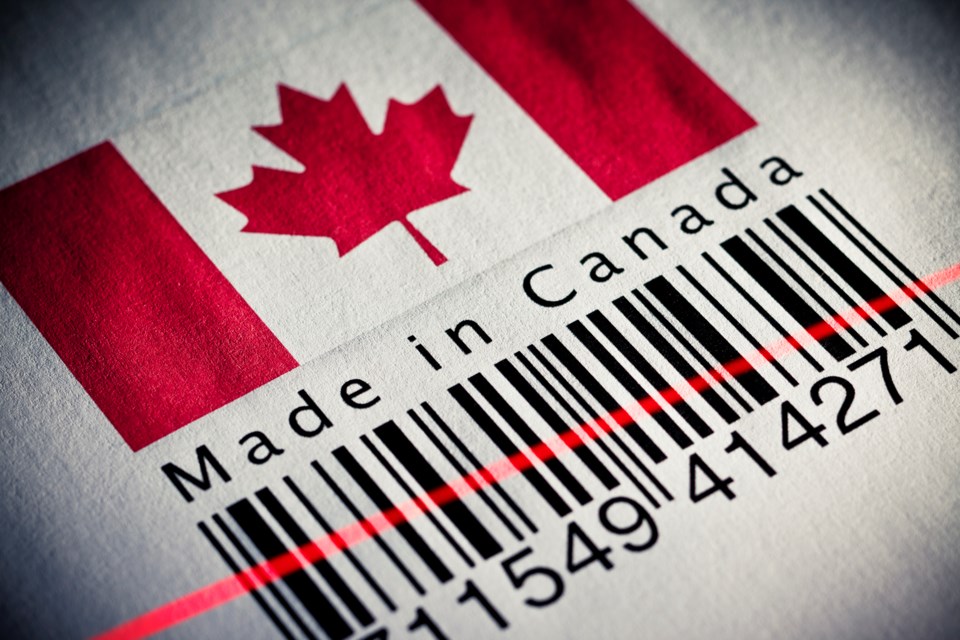I try to support our local businesses, especially at a time like now, but every so often I have to use Amazon for an online order.
I don’t feel great about it, so I try to unburden my guilty conscience by looking for that “Made in Canada” item. Or at least “Made in USA” or “Made in Mexico” label. But often there is no label, and I end up making an online purchase in ignorance.
This needs to change.
Canada introduced country of origin mandatory labeling back in the 1890s. The rationale was to help consumers support Canadian manufacturers and industry.
Online marketplaces have pulled a runaround on this tradition, but efforts are underway south of the border to fix it.
Back in May of this year, U.S. Senators Tammy Baldwin (D-WI) and J.D. Vance (R-OH) introduced the bipartisan COOL-Online act that will require country of origin labeling on those online item descriptions.
Amazon naturally opposed it. And given the radio silence on this issue this side of the border, I have to wonder if Canada opposes it too.
It’s entirely possible we do, given country of origin labels carry a double-edged sword for the Canadian economy.
Billions of dollars of Canadian beef, for instance, has been sold in the USA under a “Product of USA” label. As long as there was some processing done in that country, Canadian beef could be snuck in as local.
It was good for Canadian ranchers, not so great for American ranchers.
Now the Biden administration has proposed new rules that will end all of that, requiring “Product of USA” beef to actually be raised in the USA.
Canadian ranchers are worried, but the chance of it being implemented are slim.
Back in the early 2010s, the U.S. attempted the same thing but in 2015 was overruled by the World Trade Organization. For some reason accurately labelling American-raised beef as “Product of USA” violated international trade rules, in that it gave an unfair advantage to local American beef over the beef imported from Canada and Mexico.
I’m not sure accurately labelled Canadian beef would be a liability in the American marketplace. But what I’m sure about is that the powerful neoliberal philosophy of globalization would prefer nobody know where anything comes from; don’t worry about what country you are supporting with your purchasing power. That would be unfair. Just buy what’s cheapest.
If we reckon American consumers should be deceived to support one of our industries, the powers that be probably feel it’s ok Canadian consumers are deceived and uninformed as well.
And that would be a mistake.
How would you like buying “Canadian milk” when in reality it’s American? Not very much I think.
Every country should have the right to require accurate country of origin labels, regardless of what the World Trade Organization has to say about it. There is no substitute for honesty.
More critically, these country-of-origin labels need to be expanded into the realm of online commerce.
It’s a real shame we no longer support our main streets and our hometown retail stores as much as we once did.
It’s even worse that we do so online without any reminder of where our money is going and what it is we are supporting.
James Steidle is a Prince George writer.



